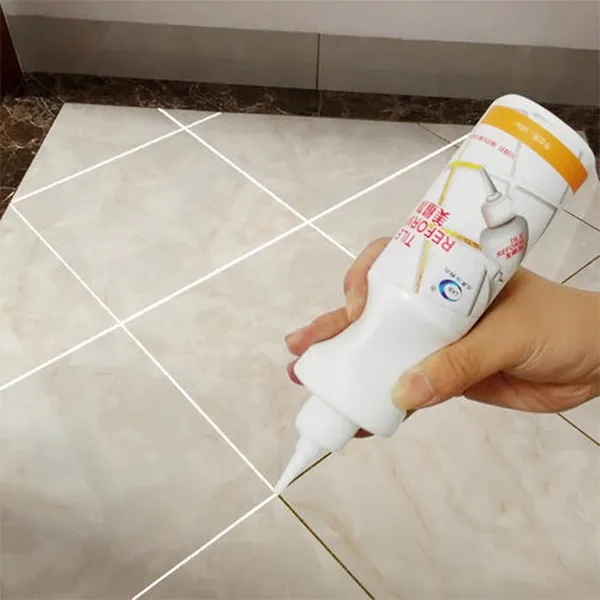Understanding Adhesive Mortar Properties, Applications, and Advantages
Adhesive mortar, a specialized construction material, plays a vital role in modern masonry and tiling applications. Unlike traditional cement mortars, which primarily work through mechanical interlocking, adhesive mortar relies on adhesive properties to bond materials together effectively. This article delves into the characteristics, applications, and benefits of adhesive mortar, highlighting its significance in the construction industry.
Properties of Adhesive Mortar
Adhesive mortar is primarily composed of cement, sand, and various additives that enhance its bonding capabilities. One of the key properties of adhesive mortar is its ability to create a strong and flexible bond between surfaces. This flexibility is particularly important in areas subject to movement, such as building facades and floors. The presence of additives, like polymers and resins, contributes to the mortar's improved adhesion and workability.
Another notable characteristic of adhesive mortar is its ease of application. The formulation allows for smooth troweling and reduces the effort required to spread the material. Additionally, adhesive mortar often features a longer working time compared to traditional mortars, allowing installers to adjust the placement of tiles or stones without the immediate rush that conventional mortars demand.
Applications of Adhesive Mortar
Adhesive mortar has become the go-to choice for various applications in the construction sector. It is predominantly used for installing ceramic and porcelain tiles, both indoors and outdoors. The tile industry's shift towards larger formats has necessitated the use of strong adhesives to ensure proper bonding and prevent cracking or lifting.
In addition to tiling, adhesive mortar is increasingly used in stone cladding and bonding engineered stone products to substrates
. The lightweight nature of many modern adhesive mortars also makes them ideal for vertical applications, as they reduce the risk of slippage compared to heavier traditional mortars.adhesive mortar

Moreover, adhesive mortar is beneficial in the installation of underfloor heating systems. Its thermal conductivity enhances the efficiency of these systems by ensuring uniform heat distribution. This quality, combined with its adhesive properties, makes it suitable for bonding flooring materials over heating cables or mats.
Advantages of Using Adhesive Mortar
The choice to use adhesive mortar offers numerous advantages over traditional cement mortars. First and foremost, the superior bonding strength results in longer-lasting installations. This durability is especially critical in high-traffic areas where mechanical wear and tear could lead to material degradation.
The flexibility of adhesive mortar also prevents cracks and damage that may arise from building movement, thermal expansion, or contraction. This quality not only extends the lifespan of the installed elements but also preserves the aesthetic appearance of the surfaces.
Additionally, adhesive mortar simplifies the installation process. The ability to adjust tiles easily without the immediate setting of traditional mortar allows for a more forgiving installation process, reducing mistakes and wastage. Furthermore, the availability of various formulations, including rapid-setting options, provides contractors with the flexibility to meet project deadlines and specific environmental conditions.
Conclusion
In summary, adhesive mortar is an integral component of contemporary construction practices, offering superior bonding capabilities, ease of application, and long-lasting durability. Its specialized properties make it the preferred choice for tiling and stone installation, particularly in scenarios where flexibility and strength are paramount. As the construction industry continues to evolve, the demand for high-performance materials like adhesive mortar is likely to grow, highlighting its essential role in achieving both functionality and aesthetic appeal in building projects.






